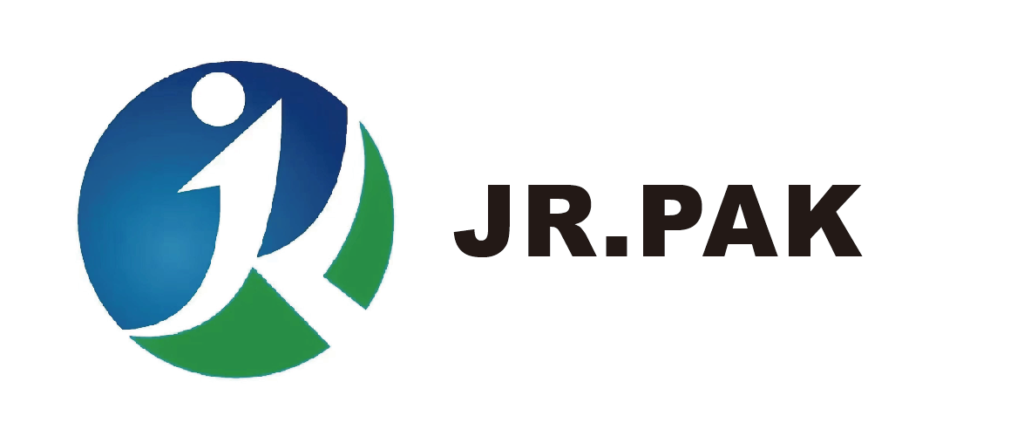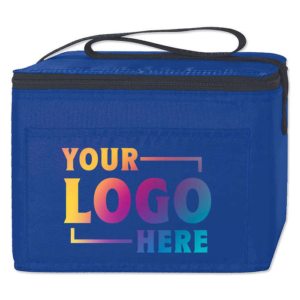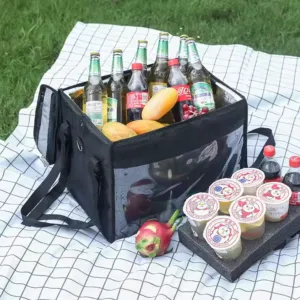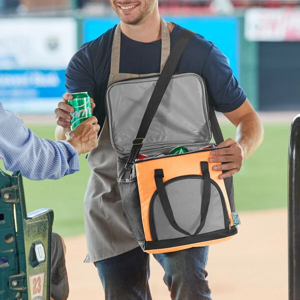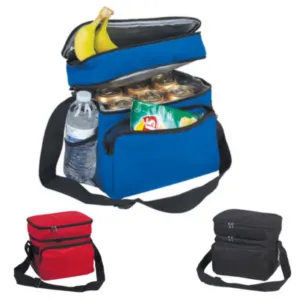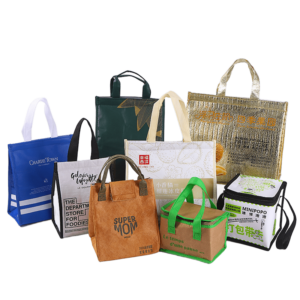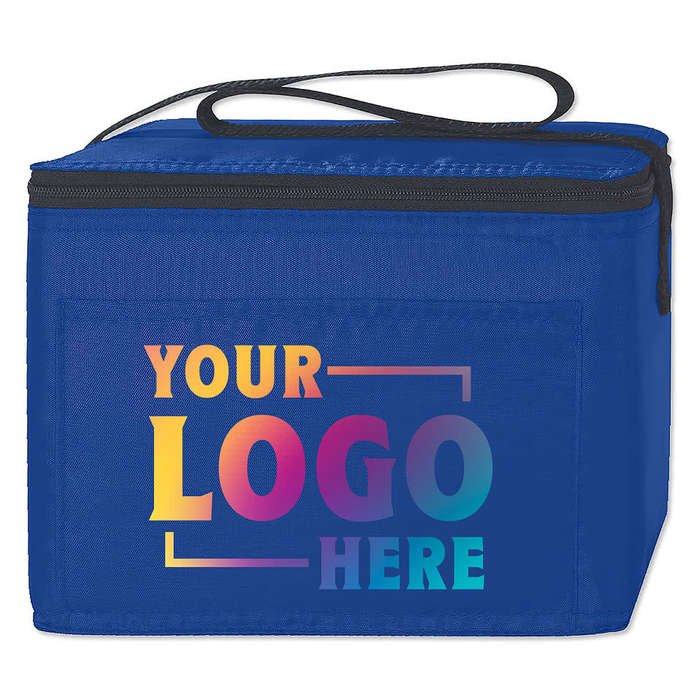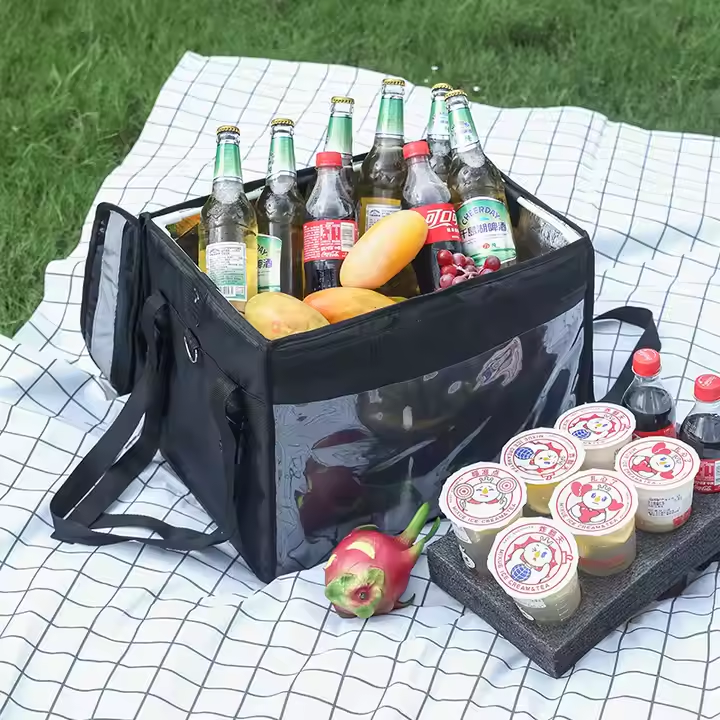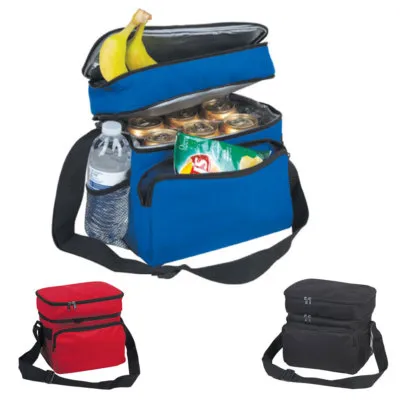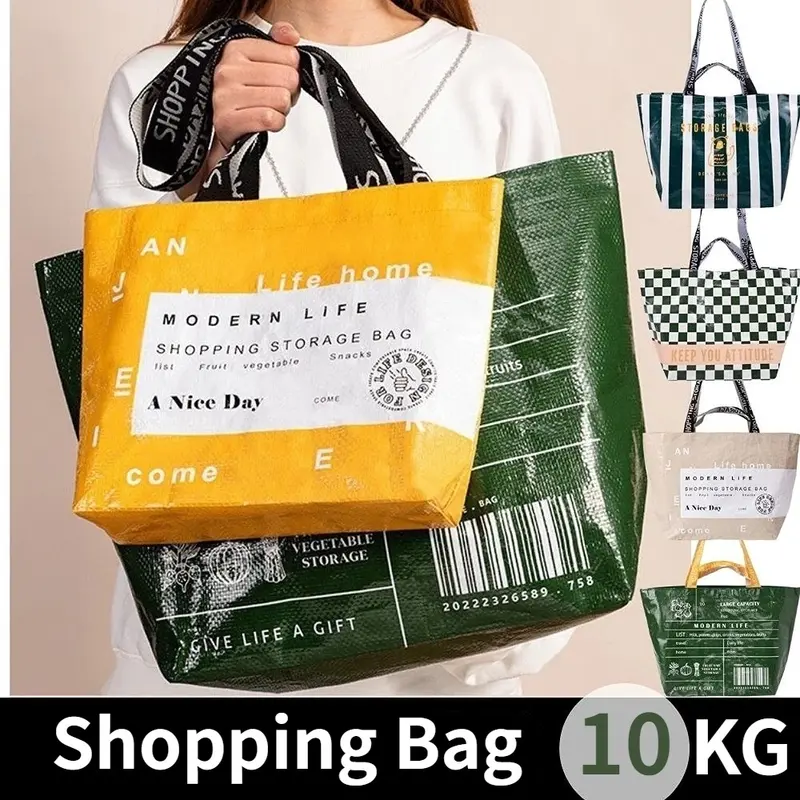
Plastic bags are cheap, but they damage the brand and the planet. Can PP woven shopping bags1 offer a better path?
Supermarkets benefit from PP woven bags through reduced long-term costs, improved brand image, customer loyalty2, and alignment with sustainability goals.
Let's dive into why PP woven shopping bags are a win-win for both supermarkets and their customers.
What benefits will consumers have by having cloth made grocery bag?
Plastic bags rip and pollute. Customers want something stronger, cleaner, and more eco-friendly. Cloth-like PP woven bags offer that solution.
Consumers benefit from stronger, reusable, eco-friendly bags that save money over time and reduce environmental harm.
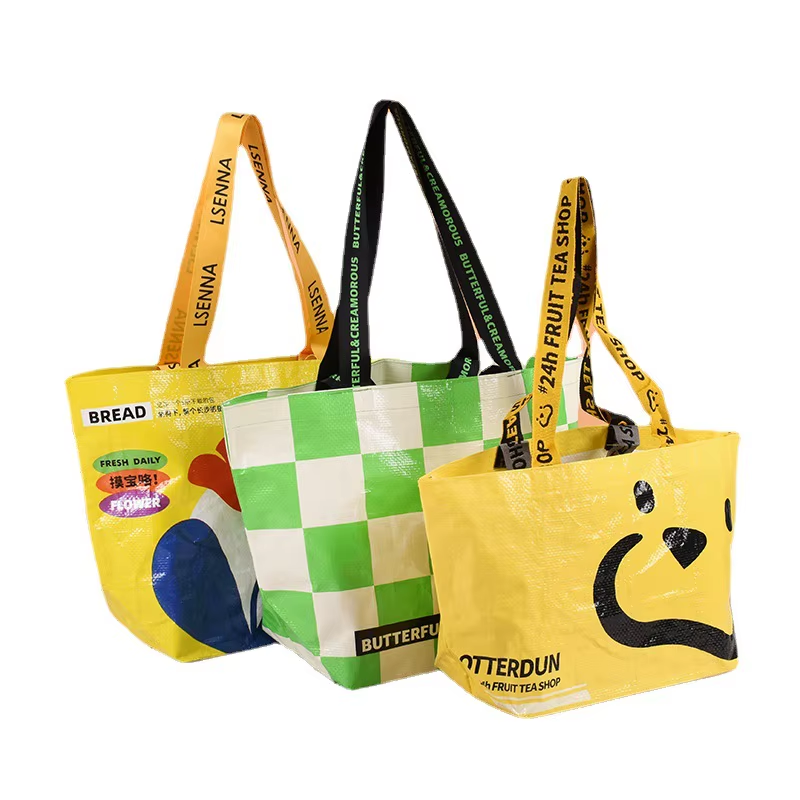
Why Customers Prefer PP Woven Bags Over Thin Plastics
PP woven bags are not actual cloth, but their fabric-like texture gives a premium feel. Customers often reuse them for groceries, storage, and even as travel bags. These bags are washable and last for years.
| Customer Benefit | Description |
|---|---|
| Strength and durability | No tearing under heavy weight |
| Reusability | Hundreds of uses over several years |
| Eco-conscious choice | Helps reduce plastic pollution |
| Cost saving | No need to buy new bags each visit |
| Brand image | Premium-looking, improves perception of supermarket |
When supermarkets give out or sell these reusable bags, shoppers feel they are supporting a responsible brand. This goodwill builds long-term customer loyalty.
What are the benefits of plastic grocery bags?
Supermarkets first adopted plastic bags for convenience and cost. But is that still a good reason today?
Plastic grocery bags are lightweight, cheap to produce, waterproof, and convenient for short-term use.
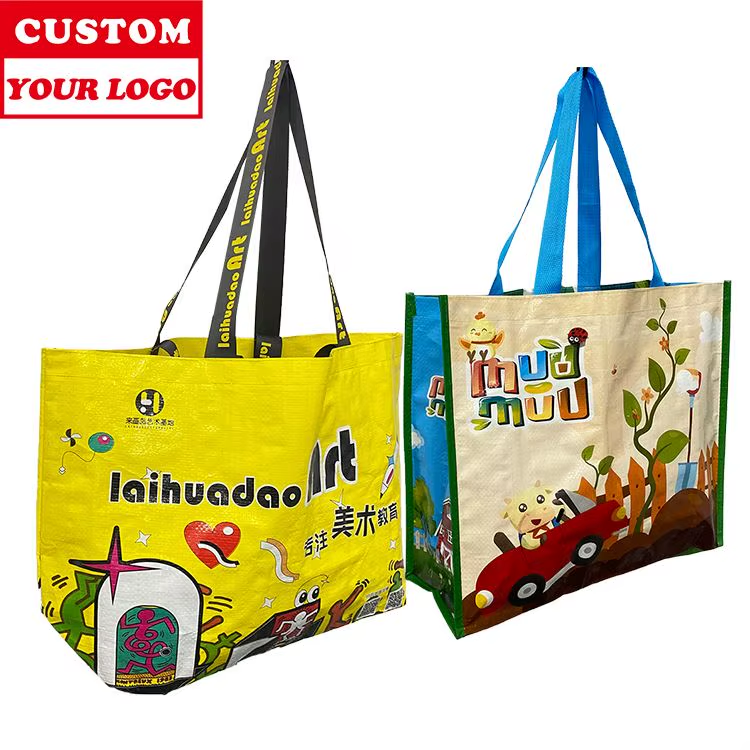
The Rise and Fall of Disposable Plastic Bags
Plastic bags replaced paper bags in the 1970s. They were lighter, cheaper, and stronger for single-use carrying. This shift helped supermarkets lower costs and increase checkout speed. But over time, problems emerged: pollution, non-biodegradability, and public backlash.
| Plastic Bag Benefit | Limitation |
|---|---|
| Low cost | Environmental damage |
| Water resistance | Non-biodegradable material |
| Compact and lightweight | Weak and easy to tear |
| Easy to manufacture | Not reusable or sustainable |
Many countries now impose taxes or bans on single-use plastic bags. Supermarkets that still use them may appear outdated or careless. Switching to woven PP bags shows commitment to change.
Why did grocery stores start using plastic bags?
Understanding the past helps us plan better for the future. Why did stores embrace plastic so quickly?
Grocery stores started using plastic bags for their cost-efficiency, space-saving design, and convenience for customers and staff.

The Shift from Paper to Plastic: What Drove It?
Plastic grocery bags entered the retail scene in the 1970s. At that time, they offered significant advantages over bulky paper bags. They were cheaper to produce, easier to store, and more convenient for mass retail.
| Reason for Adoption | Impact on Supermarkets |
|---|---|
| Lower material costs | Saved money per transaction |
| Faster bagging at checkout | Increased customer turnover |
| Smaller storage space | Improved warehouse efficiency |
| Uniform appearance | Cleaner, more modern retail look |
However, this convenience came with long-term environmental costs. In recent years, plastic pollution became a global issue. Supermarkets are now rethinking their role and looking for reusable alternatives like PP woven bags.
What are the benefits of reusable shopping bags3?
We all want to make better choices. Reusable shopping bags help shoppers and retailers do just that.
Reusable shopping bags reduce waste, offer long-term savings, and help supermarkets build an eco-friendly, customer-friendly brand.
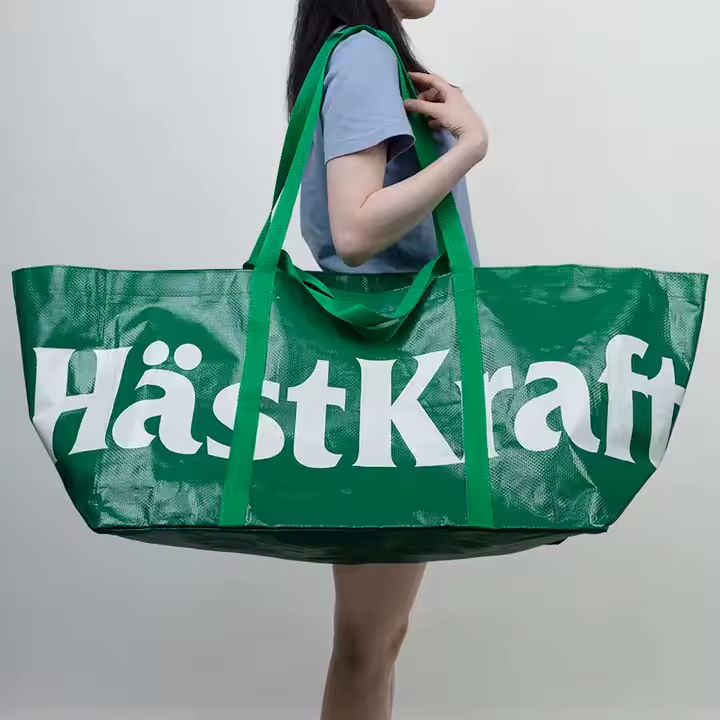
Why Reusables Are the Future of Retail Packaging
Supermarkets that switch to reusable bags signal that they care about quality and the environment. PP woven bags, especially, are sturdy and printable—perfect for branding. They’re also ideal for loyalty programs, gift packs, or promotional events.
| Supermarket Benefit | Explanation |
|---|---|
| Brand reinforcement | Custom logos turn bags into walking advertisements |
| Lower long-term packaging cost | Fewer purchases of disposable bags over time |
| Customer loyalty | Shoppers reuse branded bags and feel connected to store |
| Regulatory compliance | Avoid plastic bans and related fines |
I’ve seen many buyers at exhibitions request custom PP woven bags specifically to align with their national plastic regulations. When they distribute these bags through their supermarkets, their brand gains visibility with every use. It’s smart marketing wrapped in sustainability.
Conclusion
PP woven shopping bags help supermarkets lower costs, boost their image, and meet growing demand for eco-conscious retail solutions.
Want expert guidance on your next PP woven bag order?
We’re here to help with free mockups, custom design, and competitive pricing.
Zhejiang Jiarong Packaging Co., Ltd.
Specialized in PP woven bags, non-woven bags, and custom eco packaging.
👉 Visit us at zjjrpackaging.com
-
Explore the advantages of PP woven shopping bags and how they can enhance supermarket operations and customer satisfaction. ↩
-
Discover strategies for supermarkets to enhance customer loyalty by adopting sustainable practices and eco-friendly products. ↩
-
Learn about the environmental impact of reusable shopping bags and their role in reducing waste and promoting sustainability. ↩
